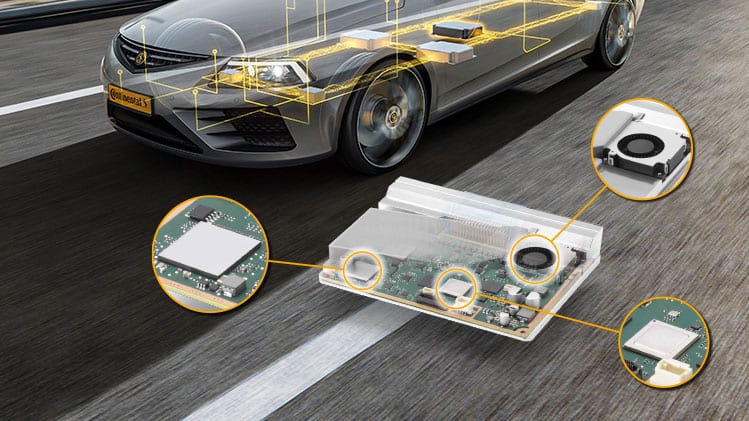In today’s rapidly evolving technological landscape, industries are continuously innovating to deliver greater efficiency, enhanced performance, and improved user experiences. Among these advancements, HVAC solutions, automotive ECU development, automotive ECU software development have emerged as critical areas of focus, transforming modern infrastructure and mobility alike.
HVAC Solutions: Revolutionizing Comfort and Sustainability
Heating, Ventilation, and Air Conditioning (HVAC) systems are essential for maintaining optimal indoor environments, whether in homes, offices, or industrial spaces. The integration of advanced technologies is propelling the evolution of HVAC solutions, making them smarter, more efficient, and environmentally friendly.
- Smart HVAC Systems
The advent of IoT has enabled HVAC solutions to integrate with smart home ecosystems. These systems monitor and adapt to changing conditions, optimizing energy use while enhancing comfort. - Energy Efficiency and Sustainability
As energy conservation becomes a global priority, modern HVAC solutions are designed with eco-friendly refrigerants and energy-efficient components. By reducing energy consumption and emissions, these systems align with sustainability goals. - Predictive Maintenance
AI and machine learning empower HVAC systems to predict and address maintenance issues before they occur, minimizing operational downtime and increasing system longevity.
Automotive ECU Development: The Power Behind Intelligent Mobility
The backbone of today’s automotive advancements lies in automotive ECU development and the sophisticated software powering these systems. ECUs (Electronic Control Units) are critical for controlling essential vehicle functions, from engine management to advanced driver assistance systems (ADAS).
Automotive ECU Software Development: Driving Innovation
The success of modern vehicles depends heavily on automotive ECU software development. Software enables the seamless functioning of ECUs, ensuring safety, efficiency, and enhanced driving experiences.
- Advanced Driver Assistance Systems (ADAS)
Features like adaptive cruise control, automatic braking, and lane-keeping assistance rely on ECUs to process real-time data from sensors and cameras. Automotive ECU software development ensures these systems operate flawlessly. - Electrification and Hybridization
With the transition to electric and hybrid vehicles, automotive ECU development plays a pivotal role in managing complex systems like battery performance, energy recovery, and motor control. Advanced software solutions are crucial for optimizing these processes. - Connectivity and Over-the-Air Updates
The growing connectivity in modern vehicles necessitates ECUs capable of receiving over-the-air (OTA) updates. Through automotive ECU software development, manufacturers can remotely enhance vehicle functionality and deploy security patches seamlessly. - Cybersecurity and Safety
As vehicles become more interconnected, robust cybersecurity protocols are a key focus in automotive ECU software development to protect against threats and ensure passenger safety.
The Intersection of HVAC Solutions and Automotive ECU Technology
Interestingly, the synergy between HVAC solutions and automotive ECU development is particularly evident in the automotive industry. Modern vehicles rely on ECUs to manage climate control systems, ensuring passenger comfort while optimizing energy consumption. The role of automotive ECU software development in this context is indispensable, as it enables precise temperature regulation and airflow distribution.
For example, advanced climate control systems in electric vehicles leverage both HVAC solutions and sophisticated ECU software to manage cabin temperatures without compromising battery efficiency.
Conclusion
The advancements in HVAC solutions, automotive ECU development, and automotive ECU software development are reshaping industries and laying the groundwork for a more sustainable and connected future. Companies investing in these technologies are not only enhancing user experiences but also contributing to global efforts for energy efficiency and environmental sustainability. As we move forward, these innovations will continue to play a pivotal role in improving the quality of life and driving progress across various sectors.
